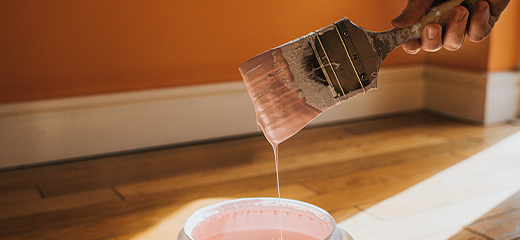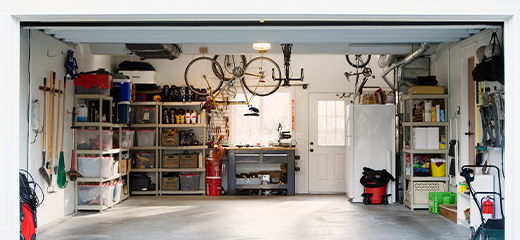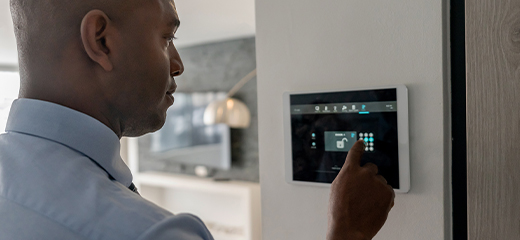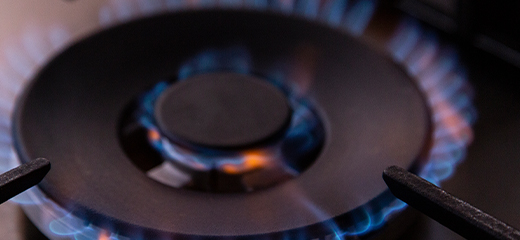
Insurance 101: Understand homeowners insurance
Homeowners or building insurance is commonly a requirement when getting a home loan, as financial service providers require security in the case of a disaster or damage to a property. There is, however, more to a homeowners policy than just keeping your bank happy.
What is homeowners or building insurance?
A homeowners policy protects the structures of your property and often extends to cover perimeter walls or fencing; access gates and motors, swimming pools and pumps; paving; permanent fixtures like geysers, baths, toilets and fitted kitchens; and other structures like garages, carports, lapa's and outhouses.

These elements are protected against accidental loss and damage brought about by storms, fire, flooding, earthquakes and other natural disasters.
How does it work?
Many people believe their policy should be based on the purchase price or market value of the house. However, homeowners insurance does not include the value of the property area and should be based on how much it would cost to rebuild the structure in the case of a catastrophe.
It's critical to note that these policies require that homeowners take care to keep the structures in good condition and typically include policy exclusions for damage caused by defective design, construction or workmanship, wear and tear, as well as a lack of building maintenance.
According to the Ombudsman for Short-Term Insurance (OSTI), the number of homeowner complaints during the 2020 financial year came second only to motor vehicle complaints. Despite these surprisingly high numbers, less than 11% of complaints were resolved in favour of the homeowner, the lowest success rate across all categories. Most of these disputes related to claims for damage caused by acts of nature, particularly storm-related damage; however, the primary reason for the rejection of claims was poor condition of the structures.
For instance, if a tree falls through a wall during a storm, the claim could be rejected if the insurer is able to establish that the wall in question was not in good condition.
What you need to tell your insurer
Before speaking to insurers, conduct an assessment of your home and the various structures on the property.

Make note of the following details:
- Perimeter
Do you have a wall, fencing, precast structures, wooden fencing or a combination of these? What is the condition of these structures? - Entrances
Do you have entries for pedestrians as well as vehicles? Is your gate motorised? If you have a garage, is the door automated? Do you have a second gate or door leading to the back of your property? Do you have a security gate fitted to your doors? Do you have fixed burglar proofing on all your windows? - Exterior flooring
Establish the type and surface area of all paving and permanent flooring. Don't forget to include the paving around your swimming pool and your wooden deck or entertainment area. - Interior flooring
Make a note of the type of flooring throughout your home and other structures, and the surface area of each type. - Roofing
What type of roofing does each of your structures have? Do you have a thatched roof? Don't forget to consider any carports, verandas, entertainment areas, lapa's, garages, cottages, wendy houses, etc. - Structures
Look at all structures on your property, making note of the size, building materials used, number of rooms and condition. - Permanent fixtures
Make a note of the number and size of your geysers, baths, kitchen fittings, airconditioning, ponds, entertainment areas, etc. - Swimming pool
What is the size, type and condition of your pool? What type of pump do you have? - Are there any other permanent structures or fixtures?
Ask about additions
Many insurers will offer additional value within their policies or optional extras that you can select. These include:
- Third-party or personal liability
This will provide financial protection should someone lay a claim against you for accidental death, illness or injury on your property. These policies often offer you financial protection for accidental damage or loss done to someone else's property too. - SASRIA coverage for damage to property caused by special risks such as politically motivated malicious acts, riots, strikes, terrorism and public disorders.
- Loadshedding protection
This covers you and your permanent fixtures against damage brought about by loadshedding and power surges. The financial value is often fixed at a fairly low level so be sure it is enough for your needs. - Alternative accommodation
This ensures you will have a place to stay if your home suffers significant damage, making it unliveable until repairs are completed. - Bond insurance
This will cover your home loan repayments in the event of death, disability or job loss.
Points to remember
Insurance policies available to homeowners differ widely and are dependent on the company and the type of coverage.
- Read your policy document to understand exactly what is covered by the policy and what is specifically excluded.
- Your bank may offer you a homeowners insurance policy to secure your home loan. If you choose to go with another insurer, make sure that your bank's requirements are properly met.
- Inform your insurer if you are going to be doing additions or renovations to your property to establish if you will be covered during the construction.
- Update your insurance policy every time you make changes to any of the structures or permanent fixtures.
- Keep a record of all maintenance, repairs and additions done to your property so that you can show your insurer that your home has been properly maintained.
- Save copies of your insurance policies, bond agreements, maintenance and improvement records, purchase invoices and other critical documents at a trusted alternative location, or save copies to the cloud. This will ensure you still have access to your essential documents if your records are stolen or damaged at home.
LookSee is a free home efficiency platform aimed at making homeownership easier and more affordable.










